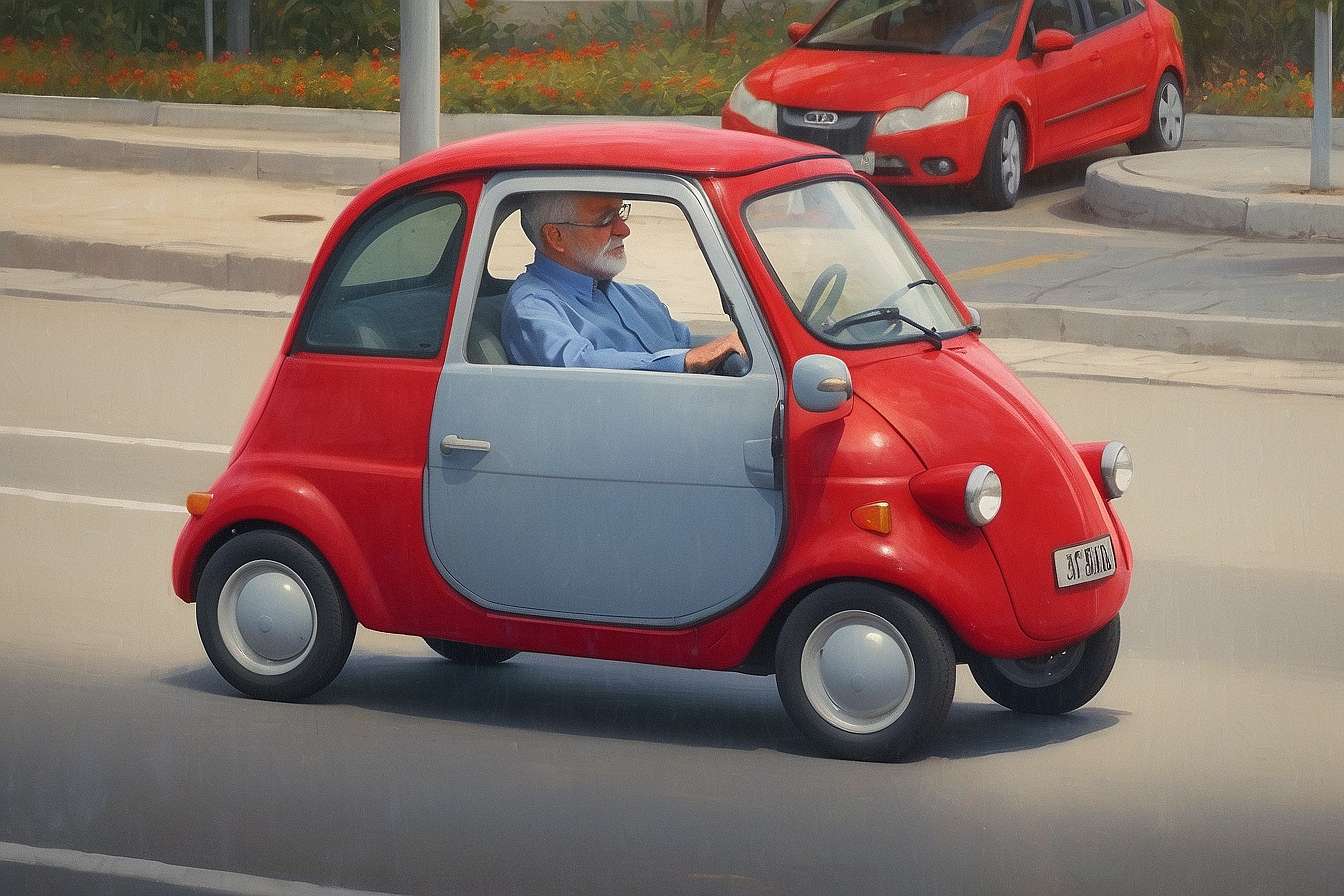Driving Jobs in Dubai: What to Know About Roles, Eligibility, and Work Environment
Many individuals consider Dubai an appealing destination for driving-related jobs due to its structured transport system and diverse opportunities. This article outlines the general requirements, types of roles available, and common aspects of working in this field to help readers gain a balanced overview before making a decision.

What types of driving jobs are available in Dubai?
Dubai’s transport ecosystem encompasses numerous driving roles across multiple sectors. Taxi drivers form the backbone of public transportation, operating under companies like Dubai Taxi Corporation and Careem. The luxury transportation sector employs chauffeurs for high-end vehicles serving hotels, tourism companies, and VIP clients. Delivery drivers are in high demand with the explosion of e-commerce and food delivery services through platforms like Talabat, Deliveroo, and Amazon.
Heavy vehicle operators transport goods throughout the UAE and neighboring countries, while bus drivers serve public transportation routes, school services, and tour companies. The construction industry requires specialized drivers for equipment like bulldozers and cranes. With Dubai’s status as a global logistics hub, demand remains strong for forklift operators at warehouses and ports. Each sector offers different schedules, compensation structures, and career advancement opportunities based on your qualifications and experience.
What are the requirements to become a driver in Dubai?
To work as a driver in Dubai, you must meet several fundamental requirements. First, you need a valid UAE driving license appropriate for your intended vehicle class. For passenger vehicles, a light vehicle license is sufficient, while commercial vehicles require specialized licenses. The Road and Transport Authority (RTA) oversees licensing and has specific guidelines for converting foreign licenses or obtaining new ones.
Language proficiency is another crucial requirement. Basic English skills are essential, while Arabic knowledge provides an advantage. Many employers also require knowledge of Dubai’s road network and navigation skills. For taxi drivers, the RTA mandates passing specialized tests on city knowledge, customer service, and safety protocols. All driving jobs require a clean criminal record, and many roles need medical clearance confirming physical fitness for driving responsibilities. Most importantly, all professional drivers need a UAE work visa, typically sponsored by the employing company.
How can I get started as a driver in Dubai?
Beginning a driving career in Dubai involves a systematic approach. First, ensure your documentation is in order: obtain a UAE residency visa, acquire the appropriate driving license, and prepare your educational certificates for verification. Most driving jobs require at least a high school education, though specific qualifications vary by position.
Next, build your professional profile by completing any necessary training courses. The RTA offers specialized programs for taxi drivers, while logistics companies often provide training for heavy vehicle operators. Create a targeted resume highlighting relevant experience, safe driving records, and knowledge of Dubai’s geography.
Job search strategies should include direct applications to transport companies, monitoring online job portals like Indeed and GulfTalent, and networking with industry professionals. Some drivers begin with ride-sharing platforms as an entry point before transitioning to more specialized roles. During interviews, emphasize your driving experience, customer service skills, and familiarity with Dubai’s road networks to stand out among candidates.
What income can I expect as a driver in Dubai?
Driver compensation in Dubai varies significantly based on the specific role, employer, and experience level. Taxi drivers typically earn between AED 2,000-4,000 base salary monthly, plus commission structures that can bring total earnings to AED 4,000-7,000. Luxury chauffeurs command higher salaries, ranging from AED 3,500-6,000 monthly, with premium hotels and private clients offering the best compensation packages.
Delivery drivers generally earn AED 2,000-4,500 monthly, with performance incentives for meeting delivery targets. Heavy vehicle and equipment operators receive AED 3,000-7,000 monthly depending on specialization and experience. Bus drivers’ salaries typically range from AED 3,000-5,000 per month, with school bus drivers sometimes receiving additional benefits like housing allowances.
Many driving positions include overtime opportunities that can significantly increase monthly earnings. Experience dramatically affects compensation, with seasoned drivers earning up to 30-40% more than beginners in the same role.
Prices, rates, or cost estimates mentioned in this article are based on the latest available information but may change over time. Independent research is advised before making financial decisions.
What benefits do drivers typically receive in Dubai?
The benefits package for drivers in Dubai often extends beyond basic salary. Most established companies provide health insurance coverage, though the quality varies by employer. Accommodation arrangements are common, with many companies offering shared housing or housing allowances, particularly for taxi and bus drivers. Transportation to and from work locations is generally provided for roles with fixed schedules.
A unique feature of Dubai’s employment landscape is the provision of annual flight tickets to your home country. Many companies offer at least one return ticket per year as part of their standard benefits package. Larger organizations provide defined career advancement paths, allowing drivers to progress to dispatcher, fleet manager, or training roles over time.
Vacation entitlements typically follow UAE labor law, offering 30 days of annual leave after completing one year of service. Some employers offer performance bonuses based on safe driving records, customer satisfaction scores, or delivery efficiency metrics. These additional incentives can significantly enhance the overall compensation package beyond the base salary.
What is the work environment like for drivers in Dubai?
Dubai’s driving work environment presents both opportunities and challenges. The city’s extreme climate is perhaps the most significant consideration, with summer temperatures regularly exceeding 40°C (104°F). Most professional vehicles are well air-conditioned, but delivery drivers and those who frequently exit their vehicles must adapt to the heat.
Working hours vary significantly by sector. Taxi drivers often work 12-hour shifts on a rotation basis, while corporate drivers typically follow standard business hours. Delivery drivers’ schedules peak during evenings and weekends, while heavy vehicle operators may have long-haul assignments requiring overnight driving.
The multicultural nature of Dubai’s workforce creates a diverse working environment, with drivers from across Asia, Africa, and the Middle East. This diversity requires cultural sensitivity and communication skills. Traffic congestion remains a challenge, particularly during peak hours, requiring patience and stress management abilities. Despite these challenges, many drivers appreciate Dubai’s excellent road infrastructure, clear signage, and strong enforcement of traffic regulations, making it a structured environment for transportation professionals.
Professional driving in Dubai offers stable employment with clear regulations and diverse opportunities across multiple sectors. By understanding the requirements, preparing appropriately, and choosing the right specialization, you can build a rewarding career in one of the world’s most dynamic cities.




